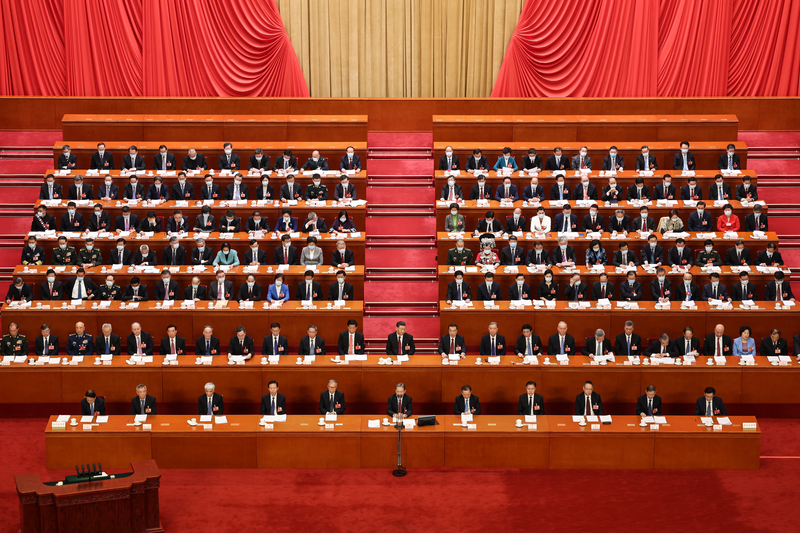The consequences of the change, which was submitted as a plan to the country’s national legislature on March 7, will be the consolidation of regulatory power previously vested in the People’s Bank of China (PBOC) and the China Securities Regulatory Commission (CSRC).
The CSRC, now designated an agency, will now focus exclusively on regulating the securities sector, but will also be responsible for supervising corporate bonds, a function it is inheriting from the National Development and Reform Commission (NDRC). The PBOC will continue to report to the State Council, but will focus more closely on monetary policy and macroprudential supervision of the financial sector.
Broader remit
After taking over from the China Banking and Insurance Regulatory Commission (CBIRC), the NFRA’s remit will be regulating the broader financial industry. This will include the supervision of banks, financial holding companies and insurers, as well as the management of financial system risks more generally. The new agency will also assume the role of investor and consumer protection from the CSRC and PBOC respectively.
The sweeping reform of the regulatory apparatus also includes the establishment of a National Data Bureau (NDB). The NDB will be responsible for coordinating and enabling the development of a data-driven economy in China. The NDB will take over some functions from the NDR and from the Cyberspace Administration of China (CAC).
The CAC is the body currently responsible for data protection in China and it appears that it will remain responsible for data, cybersecurity and personal information protection. However, it is likely that the NDB will be promulgating either further policies or rules in connection with specific areas of the data ecosystem, which appears to be a recognition of the growing importance of this sector for the Chinese economy and its future growth.
Continuity and stability

China’s retention of the PBOC’s governor Yi Gang as well as the Finance Minister Liu Kun subsequent to the submission of the regulatory reform plan sends a signal that continuity and stability remain an important consideration even against the backdrop of the announced changes. It also seems to suggest either the involvement of these senior party officials in the reforms or, at the very least, their support for their objectives.
While some commentators have spoken of a paradigm shift, we believe that the changes should be viewed in the context of China’s ongoing efforts to gradually modernize its financial system. Although details of the new regulator’s remit as well as the timelines for any transition are not yet available, the changes appear to be a pragmatic recognition of the fact that as China’s economy has grown larger and more complex a clearer demarcation of regulatory authority has become necessary.












